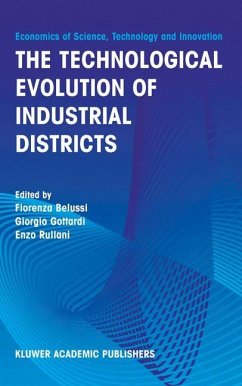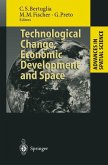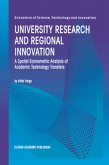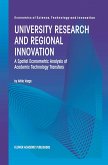Fiorenza Belussi, Giorgio Gottardi, and Enzo Rullani This volume collects some papers presented at the Vicenza conference "The Future of Districts", held in June 1999, organised by the Department of Technology and Management of Industrial Systems of the Faculty of Engineering of Padua University, with the collaboration of several engineers, industrial economists, and experts in the issue of technology management. This was the starting point of a long-lasting and painful colIective discussion, the results of which are documented here, during many meetings of this "itinerant" group, including the workshop in Padua, organised by Professor Luciano Pilotti and held in May 2001, "Systems, governance & knowledge within firm networks" at the Department of Economics of the University of Padua, and the recent international research seminar, held in May 2002, in Rome at the Tagliacarne Institute, within the EU sponsored project "Industrial districts' re location processes: identifying policies of EU enlargement West-East ID". The reason we decided to organise this book was not only to underline the importance of the industrial district (ID) model as a tool of propulsive local growth in a country like Italy. On the contrary, the idea that moved us was the theoretical dissatisfaction with the way in which the phenomenon of local development and industrial clustering of specific industries was treated in the international approach of the various disciplines.
From the reviews: "This edited volume[...]represents a painstaking and intellectually challenging effort to set the record straight on the theoretical treatment of IDs and to stimulate new knowledge-centered theoretical venues for further study of the concept and model. However important this book's overall contribution is, I think that Lucio Biggiero and Alessia Sammarra's Chapter 10 contributes its most important argument and stimulus for new research. It provides the skeleton of a new theoretical perspective, which borrows from social psychology's Social Identity Theory to introduce the concepts of district identity and identification. In sum, this volume represents the latest information and most comprehensive collection of works on the subject of IDs. [...]the book has the potential to become a classic and foundational work required for study and research on IDs and on local and regional development especially in the context of the new economy and the knowledge-based industries." (Aspasia Rigopoulou-Melcher, St. Cloud (Minnesota) State University) "Industrial Districts (IDs) are evolutionary networks of heterogeneous, functionally integrated, specialized and complementary firms, which are clustered into the same territory and within the same industry. ... the book includes a good balance between theoretical contributions and empirical-case studies ... . this book is a good example of the fruitfulness of knowledge based theories in understanding the evolution of IDs." (Flaminio Squazzoni, Journal of Evolutionary Economics, Vol. 15 (4), 2005)








